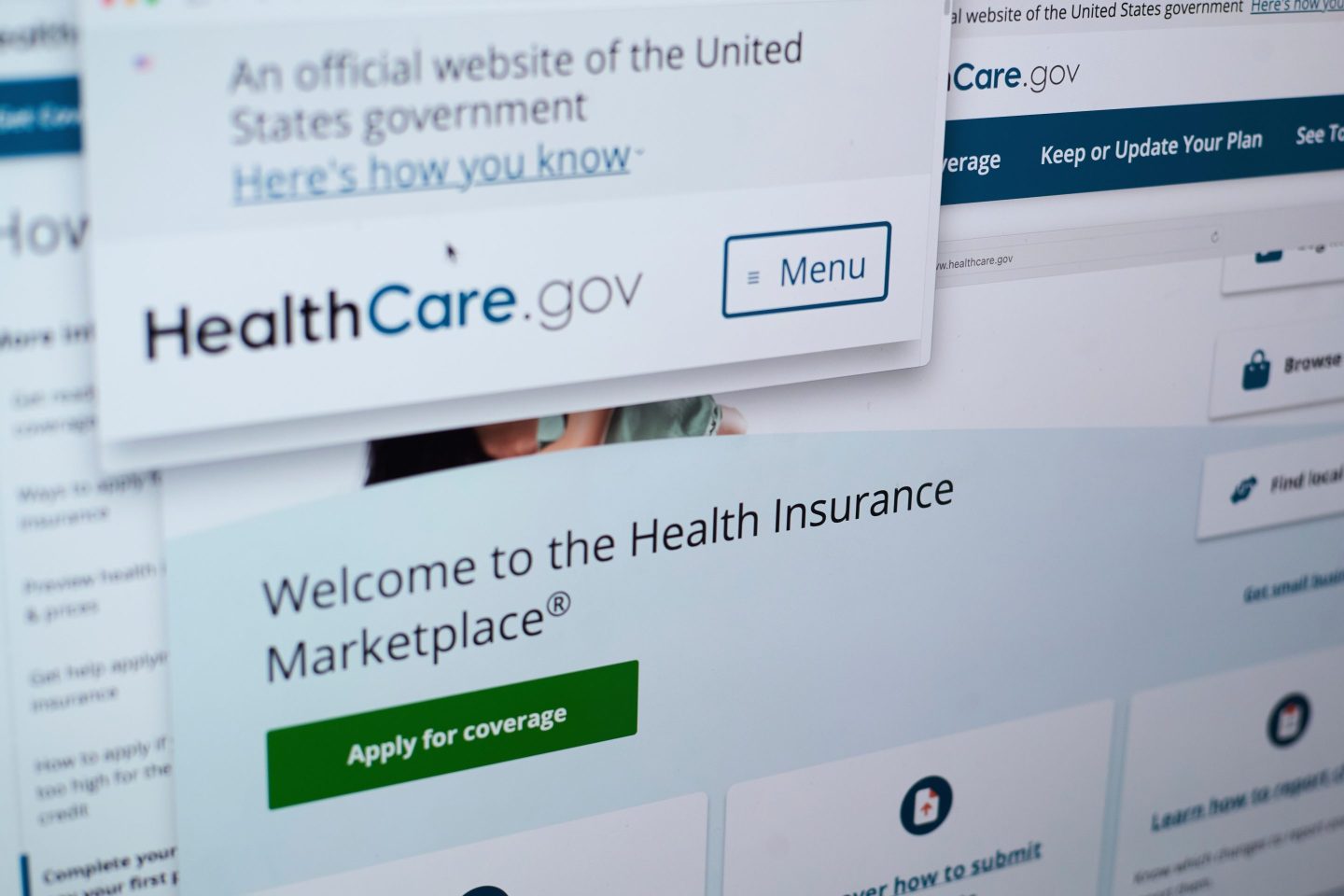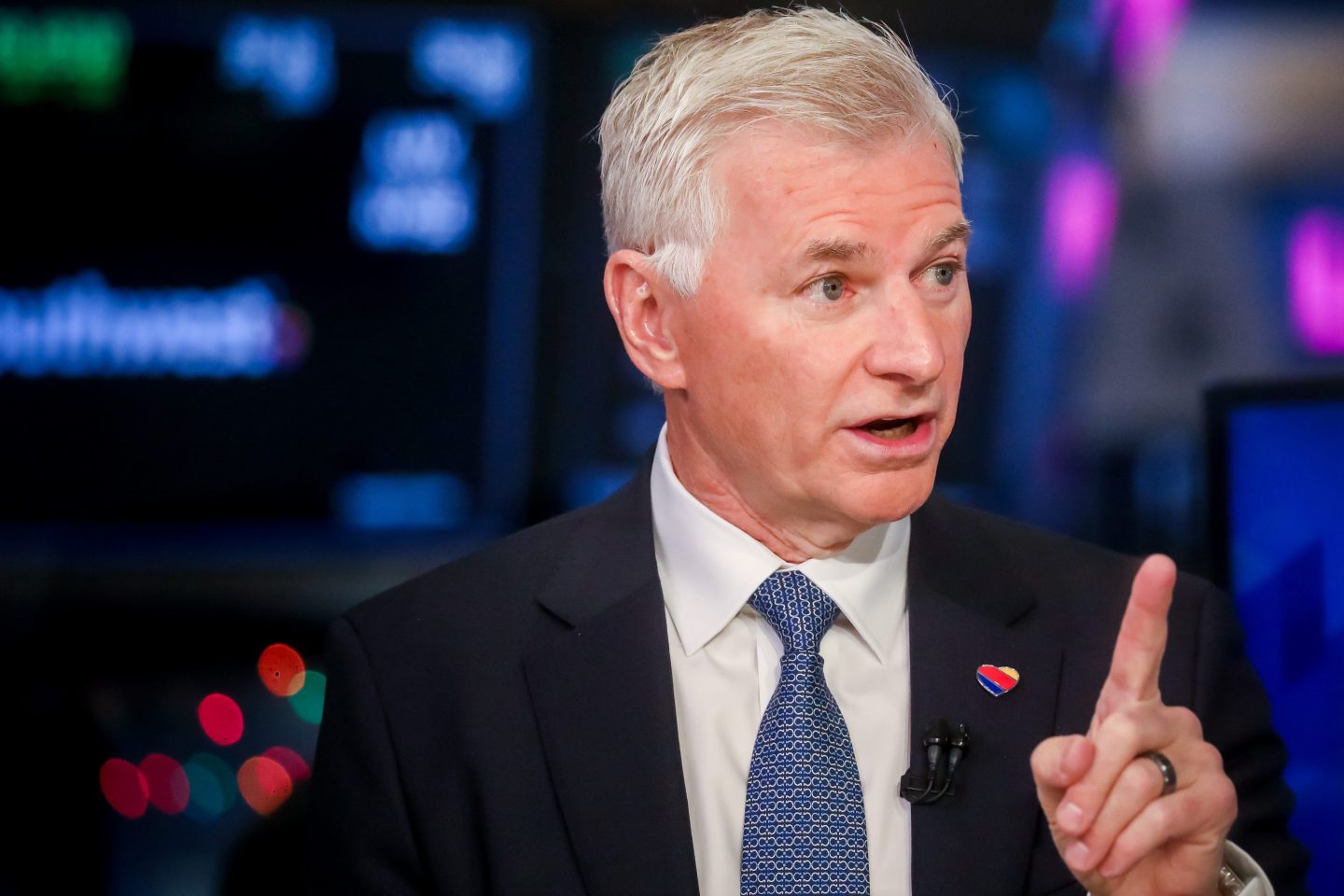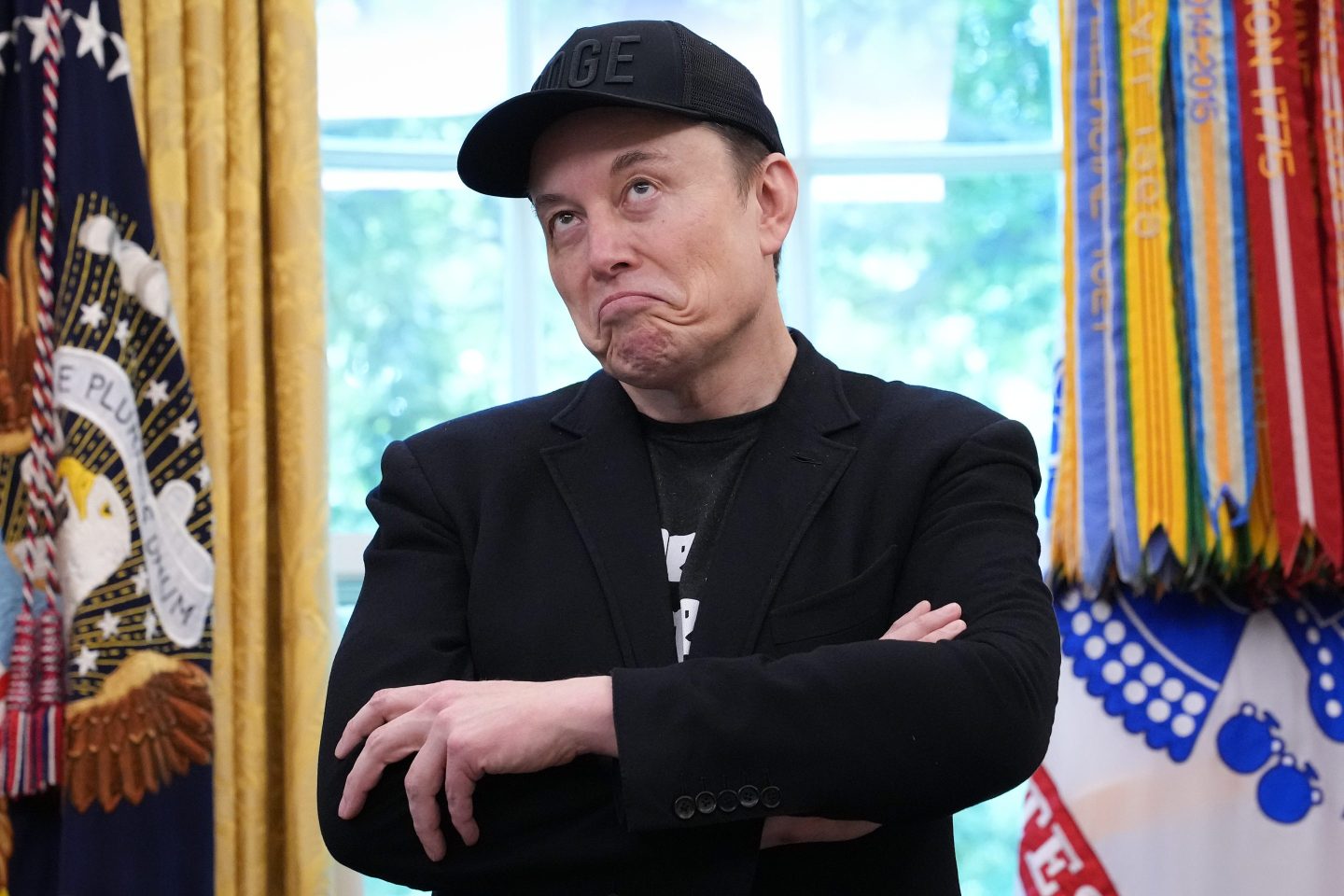Greetings, readers! This is Sy.
Tech titan Google is treading in to the mental health space via its search engine. When U.S. users enter a Google query that suggests they might be suffering from depression, they’ll be directed to a questionnaire to “check if you’re clinically depressed.”
It’s not just some random form, either—it’s the PHQ-9 (Patient Health Questionnaire), which is a self-administered and clinically validated test used to assess the most common mental disorders. For a search engine like Google, which sees a glut of health-related queries on a regular basis, the survey could potentially reach millions. The firm also asserts that any user data will be private and protected.
This isn’t Google’s first health-related project. Its umbrella company, Alphabet, has arms dedicated to the life sciences (such as Verily). And the search engine unit itself has a number of features related to medicine, including a “knowledge panel” which identifies common illnesses and their treatments.
Read on for the day’s news.
| Sy Mukherjee | |
| @the_sy_guy | |
| sayak.mukherjee@fortune.com |
DIGITAL HEALTH
Can the eyes be a window into Alzheimer's? A recent proof-of-concept study published in the journal JCI Insight suggests that certain Alzheimer's symptoms can be diagnosed via an eye exam. (To be clear, the trial involved has a very small sample size.) One of the main theories about Alzheimer's centers on the amyloid beta-protein hypothesis. These markers are present in high numbers in people with Alzheimer's—an beta-amyloid buildups may potentially be detected in the retina.
INDICATIONS
A top Novartis exec on the fight against malaria. Novartis's global head of drug development and chief medical officer, Vas Narasimhan, has a piece up on Fortune exploring the strides that have been made in the fight against malaria, including the development of an experimental Novartis treatment called KAF156. He also points to the promise of technology in fighting epidemics and outbreaks. "Geospatial mapping, for example, can help us to geographically track where drug-resistant cases are occurring. And making better use of the latest technology for managing drug supply chains can ensure that quality-assured medicines are available when needed," writes Narasimhan. "At the same time, we need to imagine what’s next and prepare for it—in this case by pressing forward with the development of new antimalarial medicines." (Fortune)
THE BIG PICTURE
Every U.S. county now has an Obamacare option. The sole remaining American county that was at risk for having zero insurers offering an Obamacare plan in 2018 has now been patched. Ohio's regional CareSource will offer insurance options in Paulding County. But the fix is provisional; insurers have been exiting the Affordable Care Act marketplaces over deep uncertainty about the health law's future, and insurance commissioners in some states have had to plea with firms to remain committed to the exchanges.(Axios)
There's still no official "national emergency" over opioids. President Donald Trump recently declared the opioid epidemic to be a "national emergency." But the Trump administration has yet to file the paperwork that would set that declaration into motion and free up federal resources, the New York Times reports. Health and Human Services (HHS) Secretary Tom Price argued that a national emergency declaration was unnecessary days before Trump's announcement.(New York Times)
REQUIRED READING
McDonald's Is Moving Away from Using Antibiotics in Its Chicken, by Reuters
Everything You Need to Know About Overvalued Unicorns in One Chart, by Anne VanderMey
KFC Employees Can Fry Chicken in Virtual Reality, by Jonathan Vanian
Why Apple's Next iPhone Could Be an Expensive Problem, by Don Reisinger
| Produced by Sy Mukherjee | |
| @the_sy_guy | |
| sayak.mukherjee@fortune.com |
Find past coverage. Sign up for other Fortunenewsletters.











